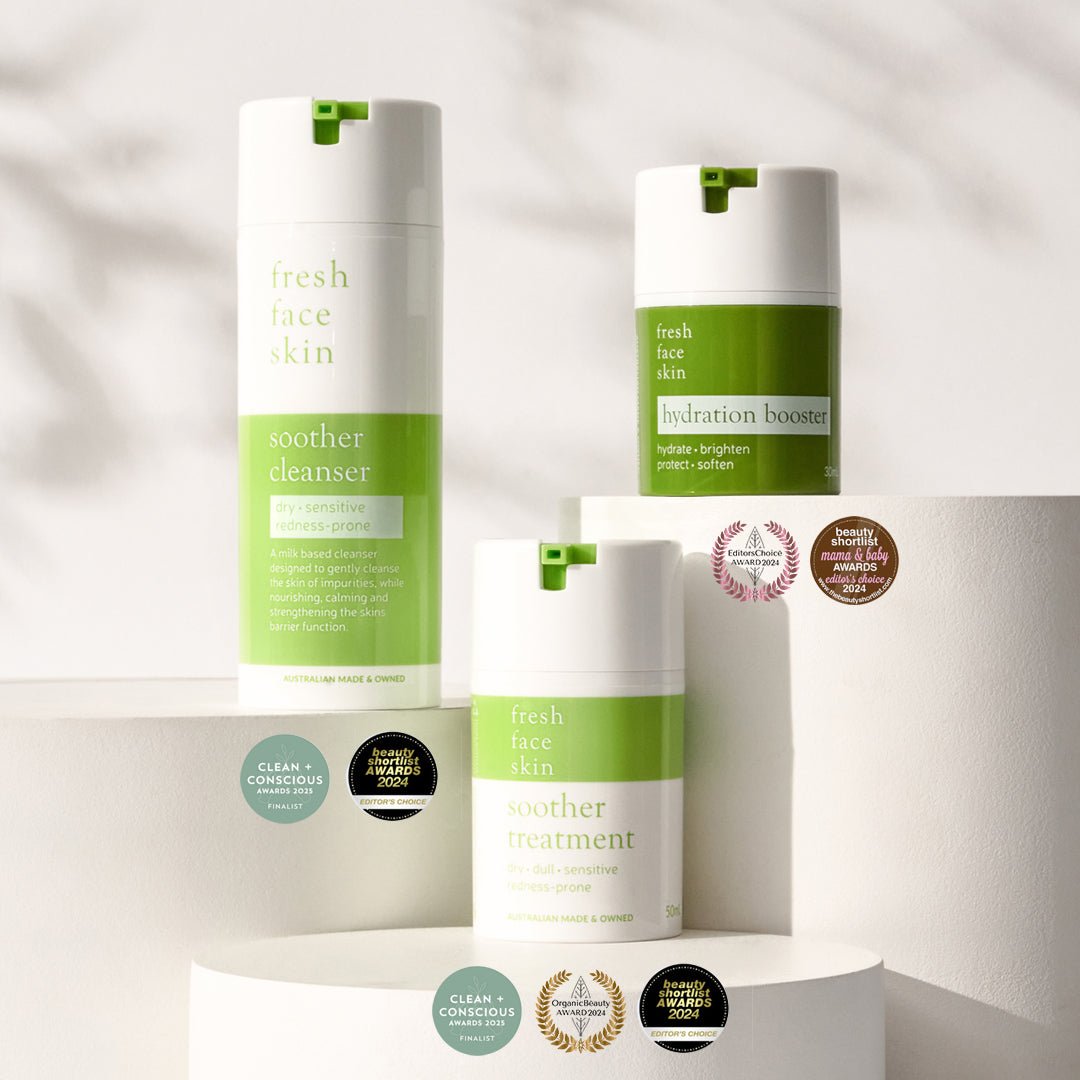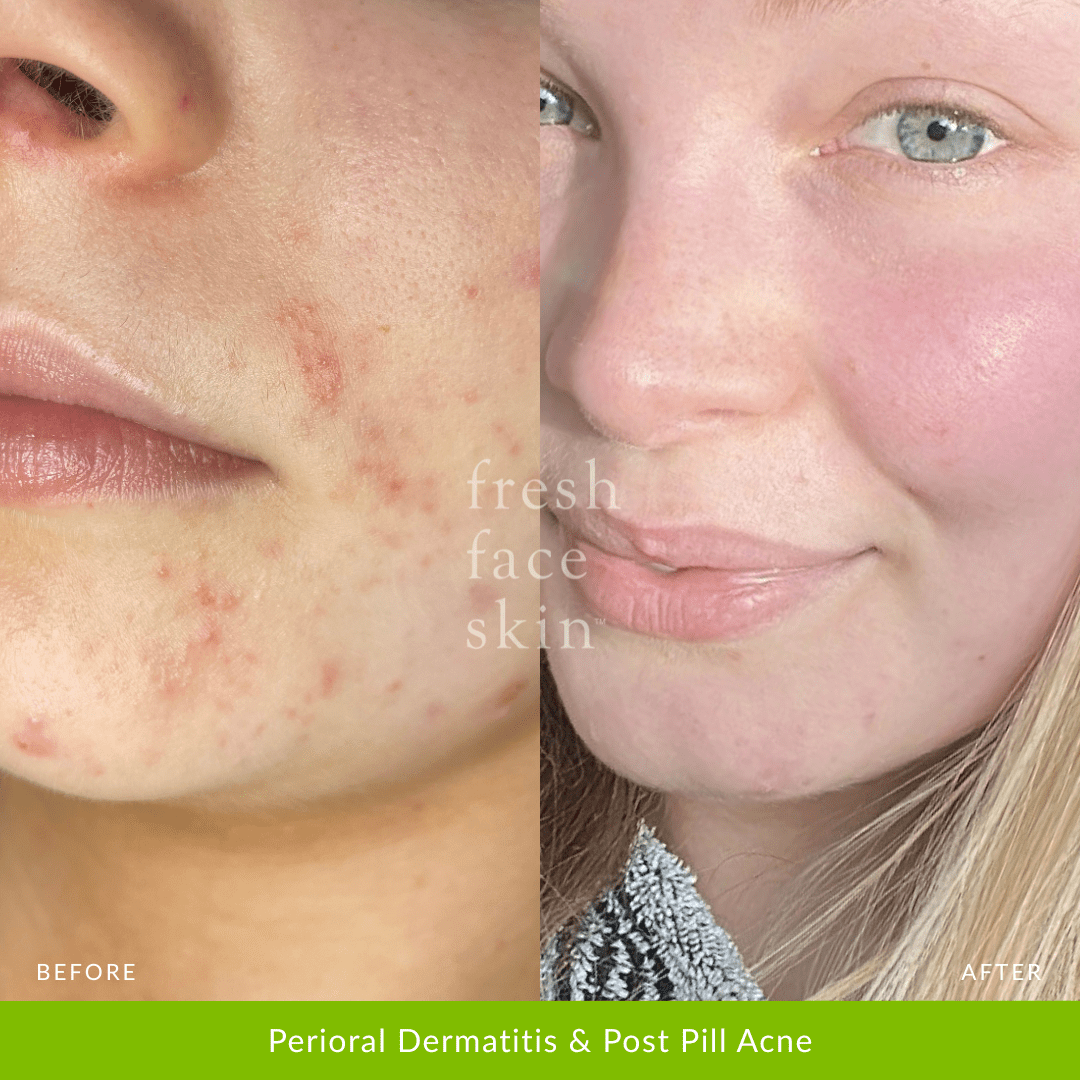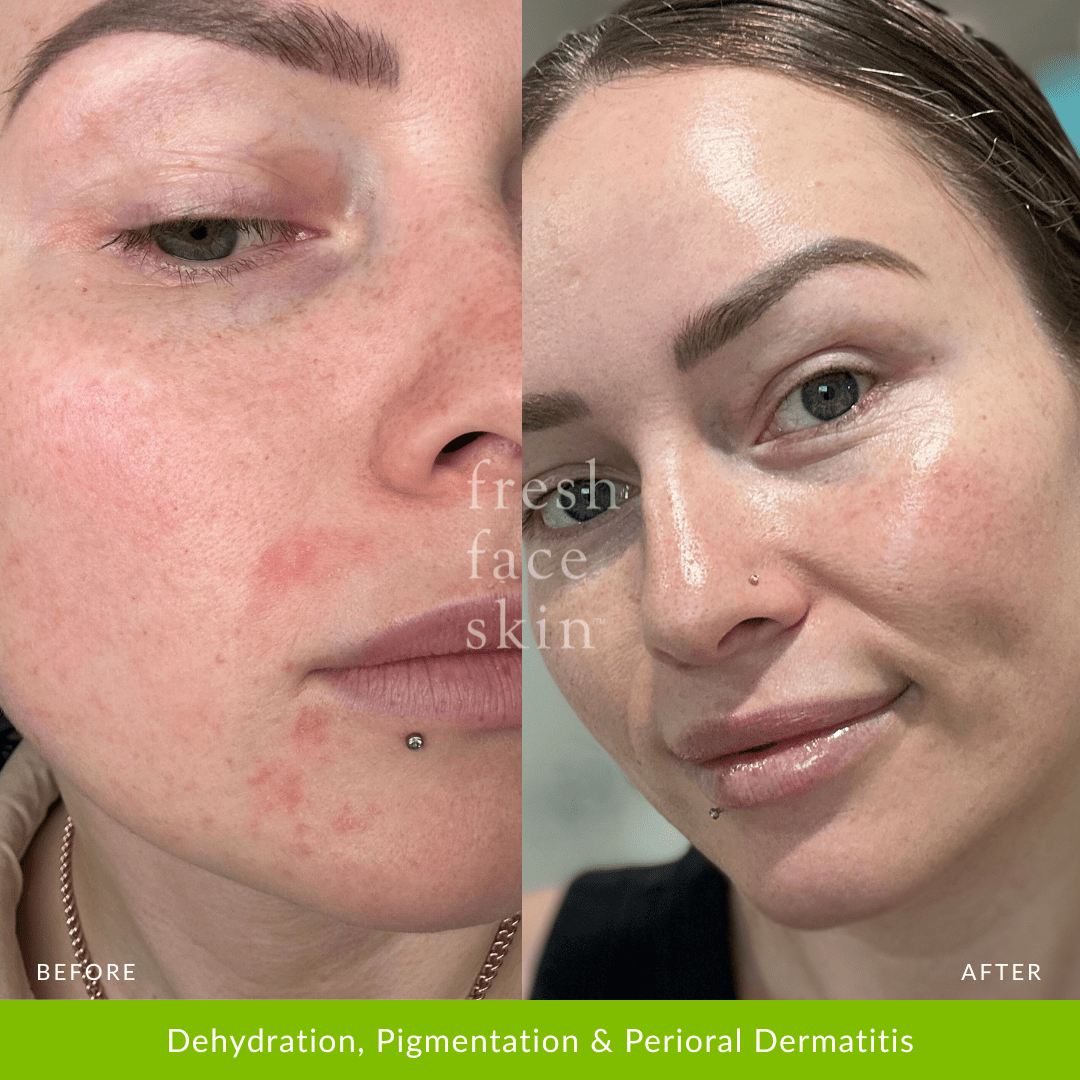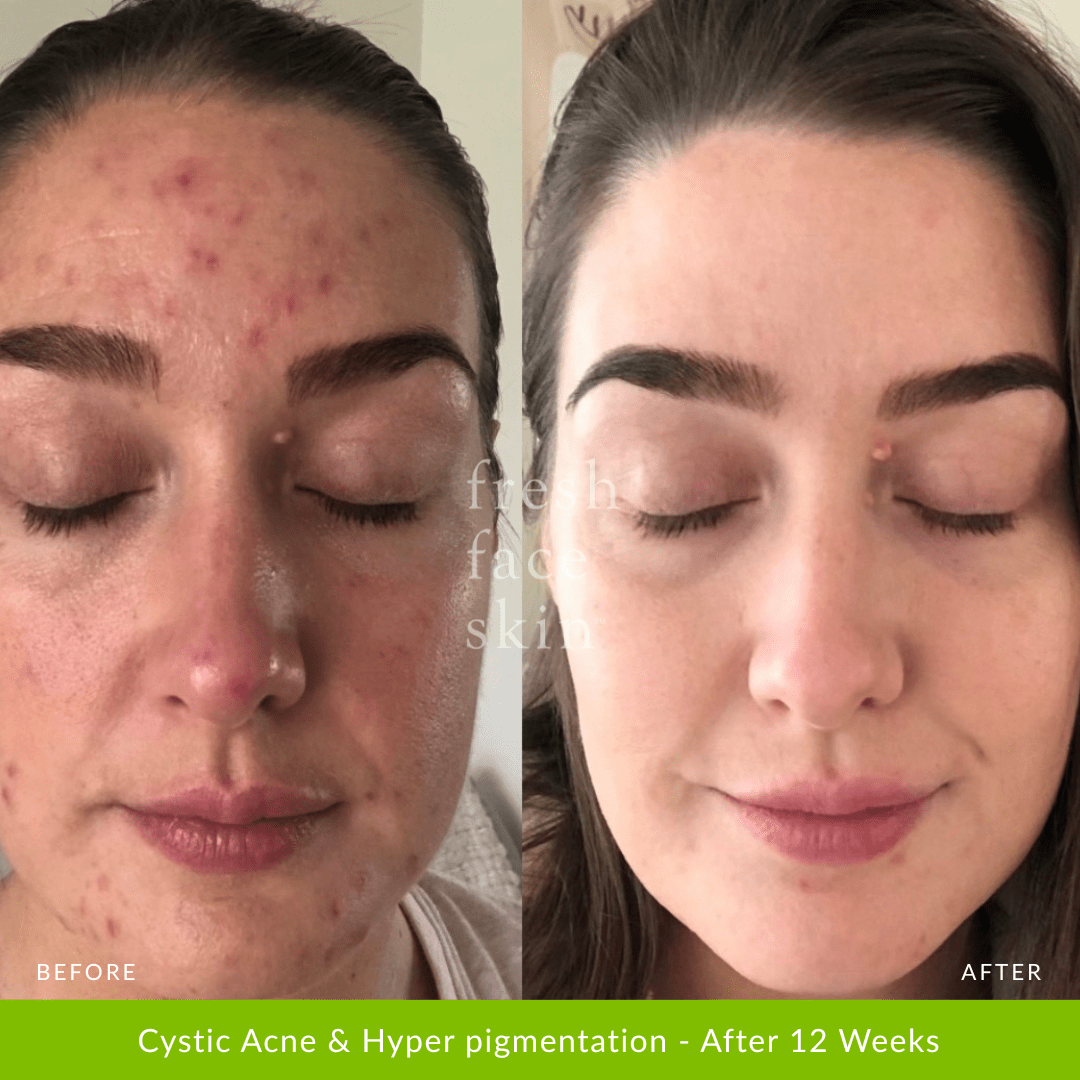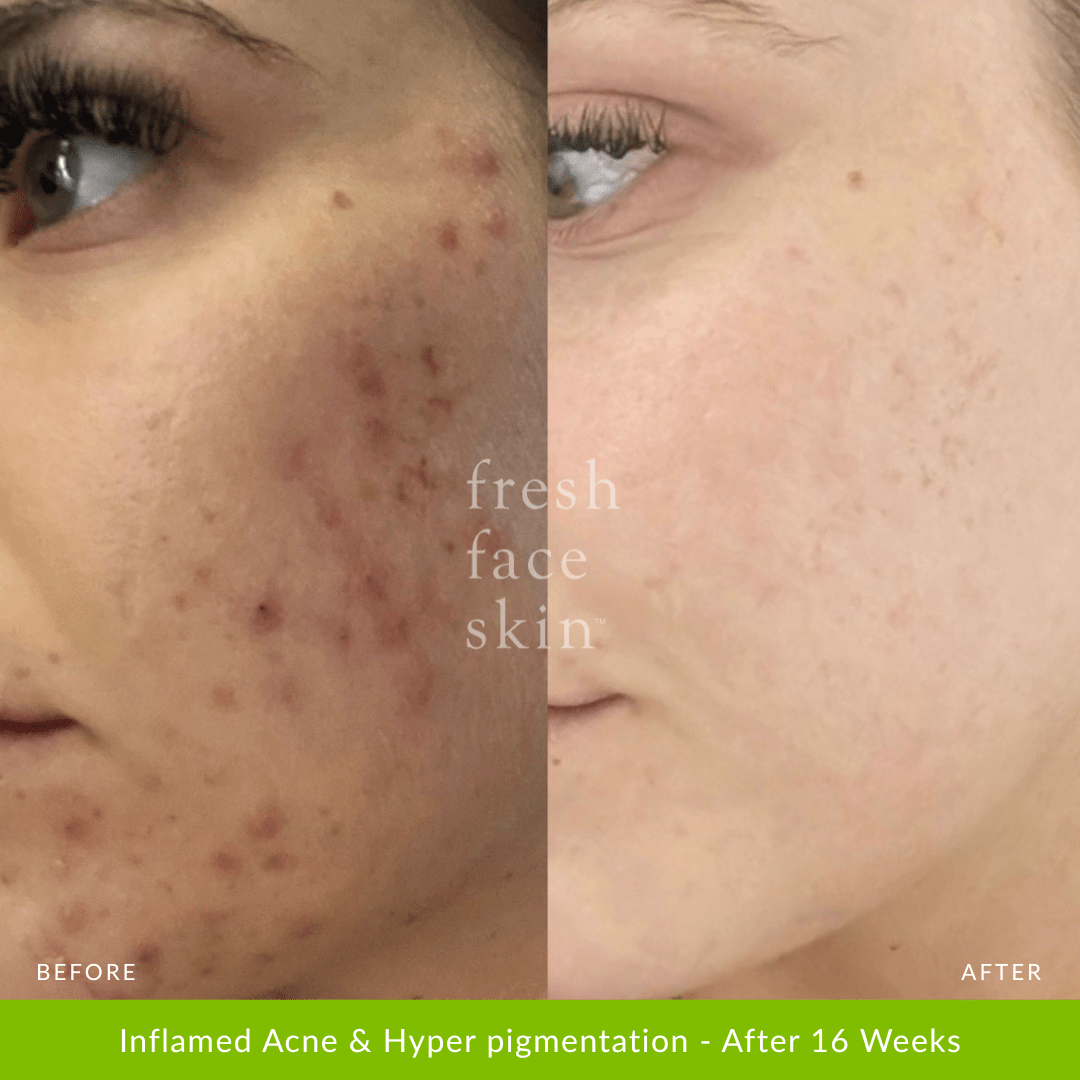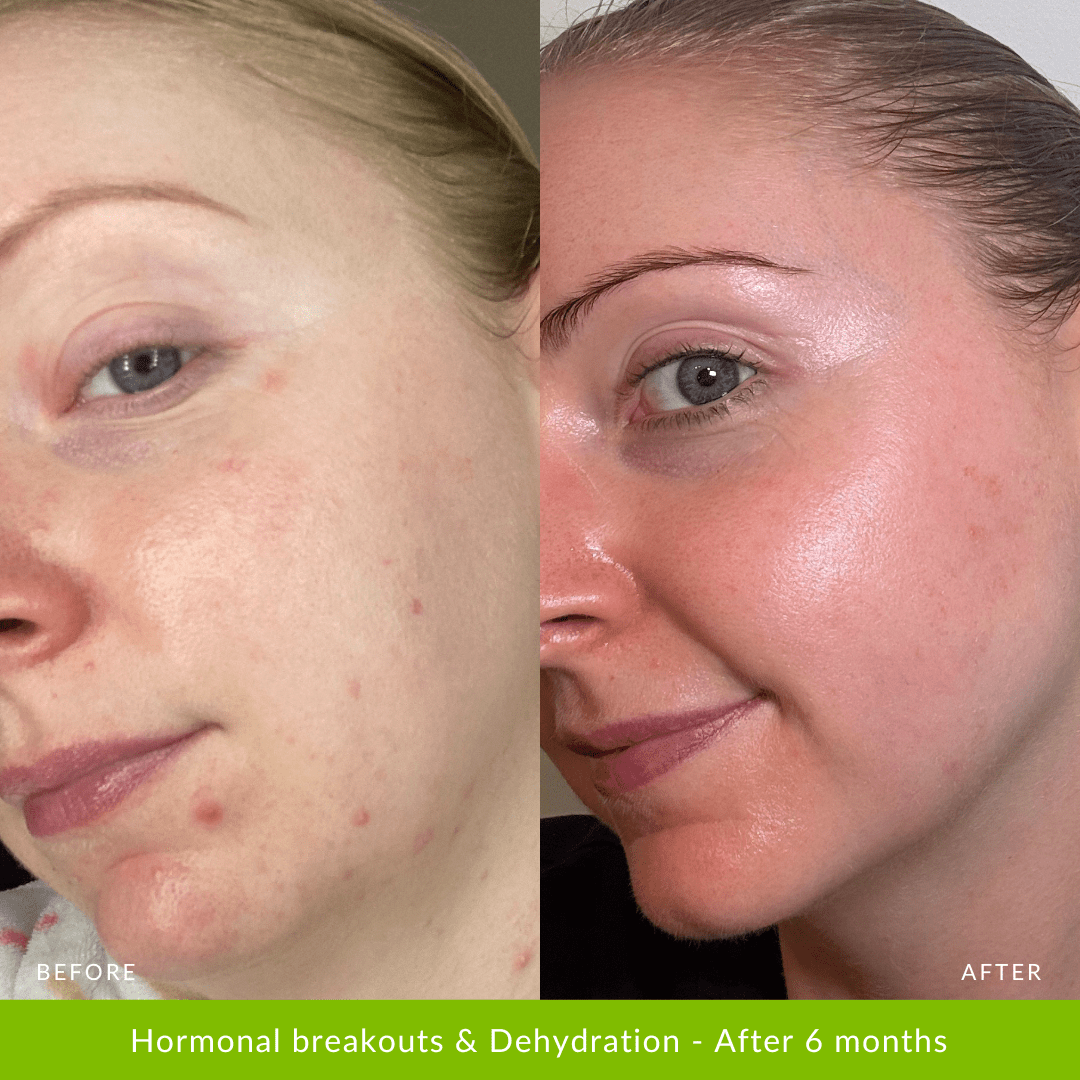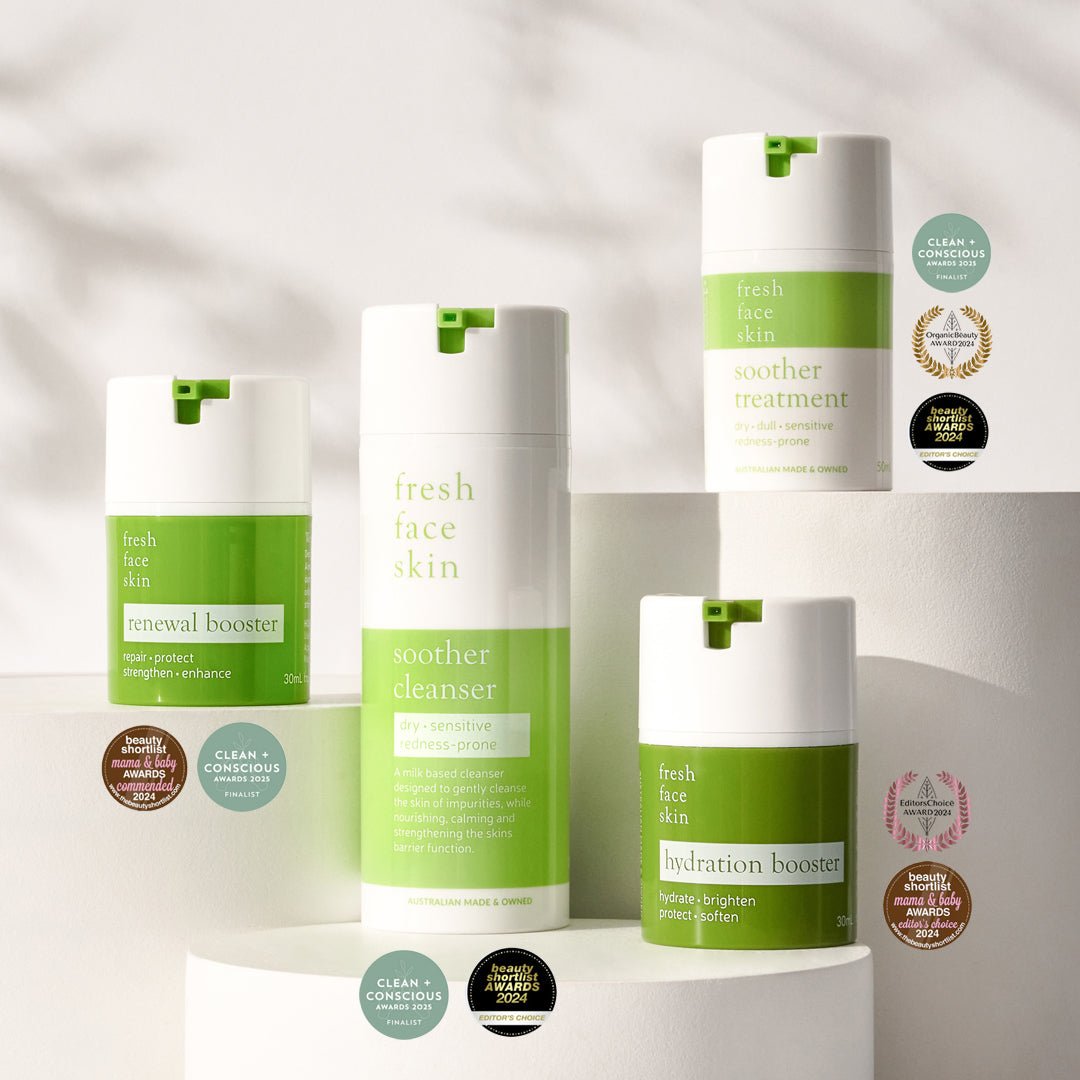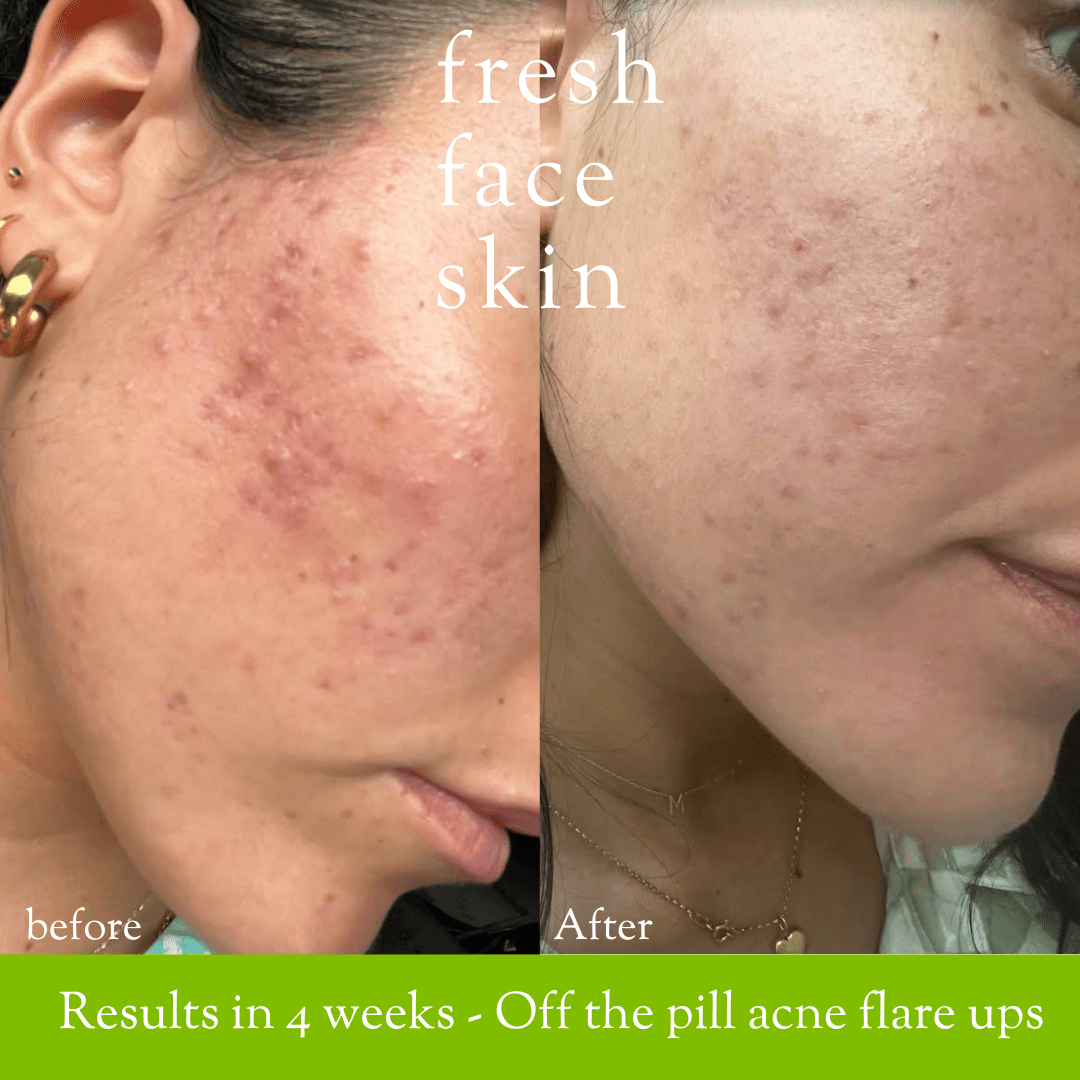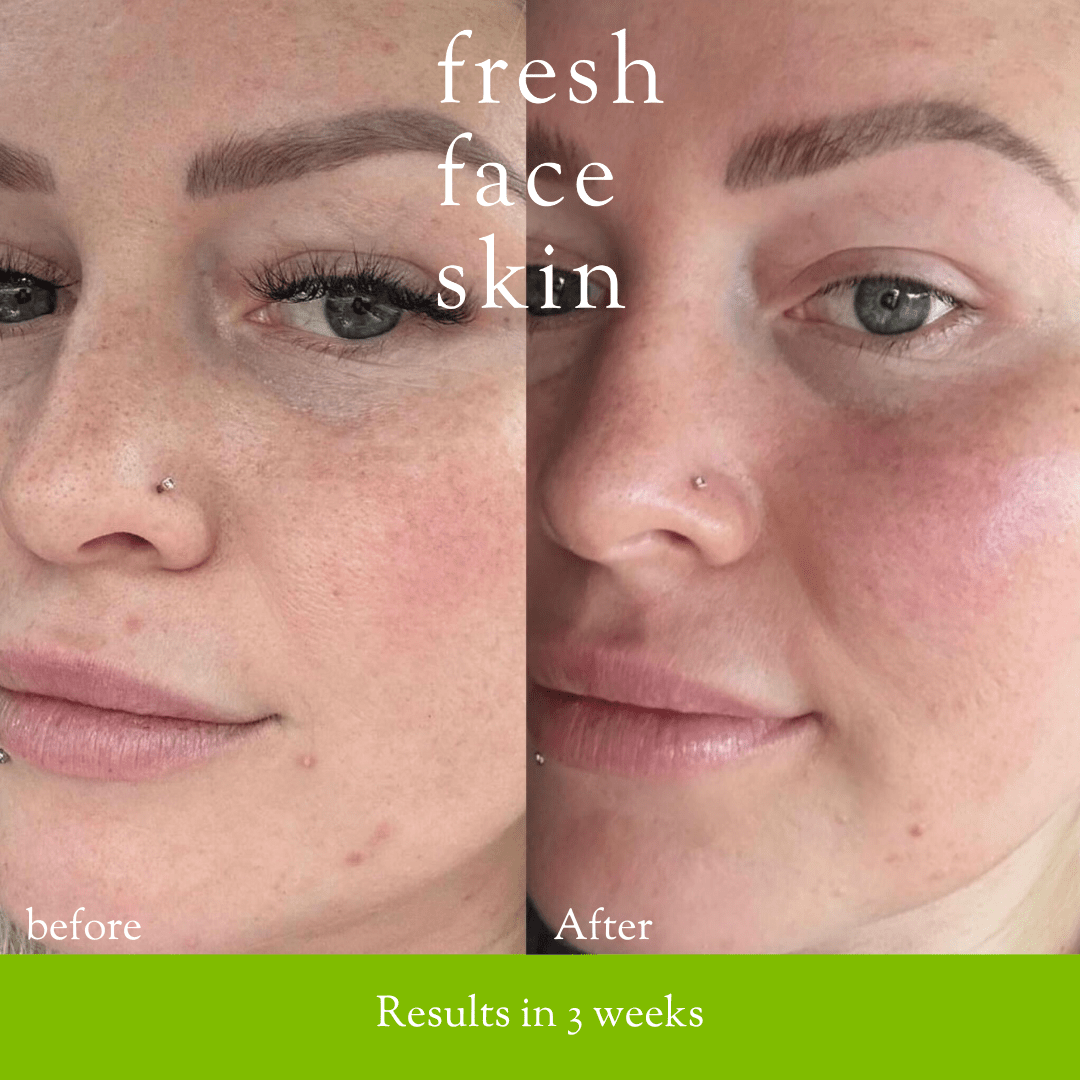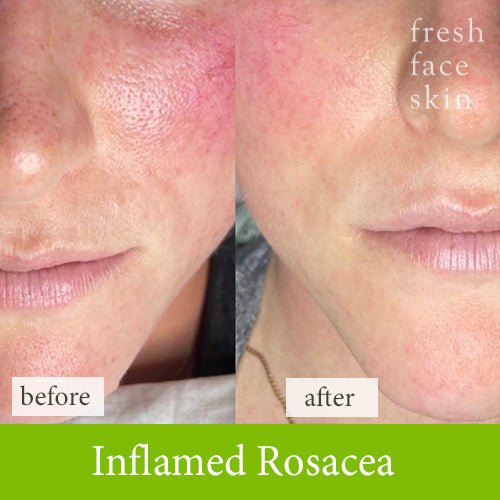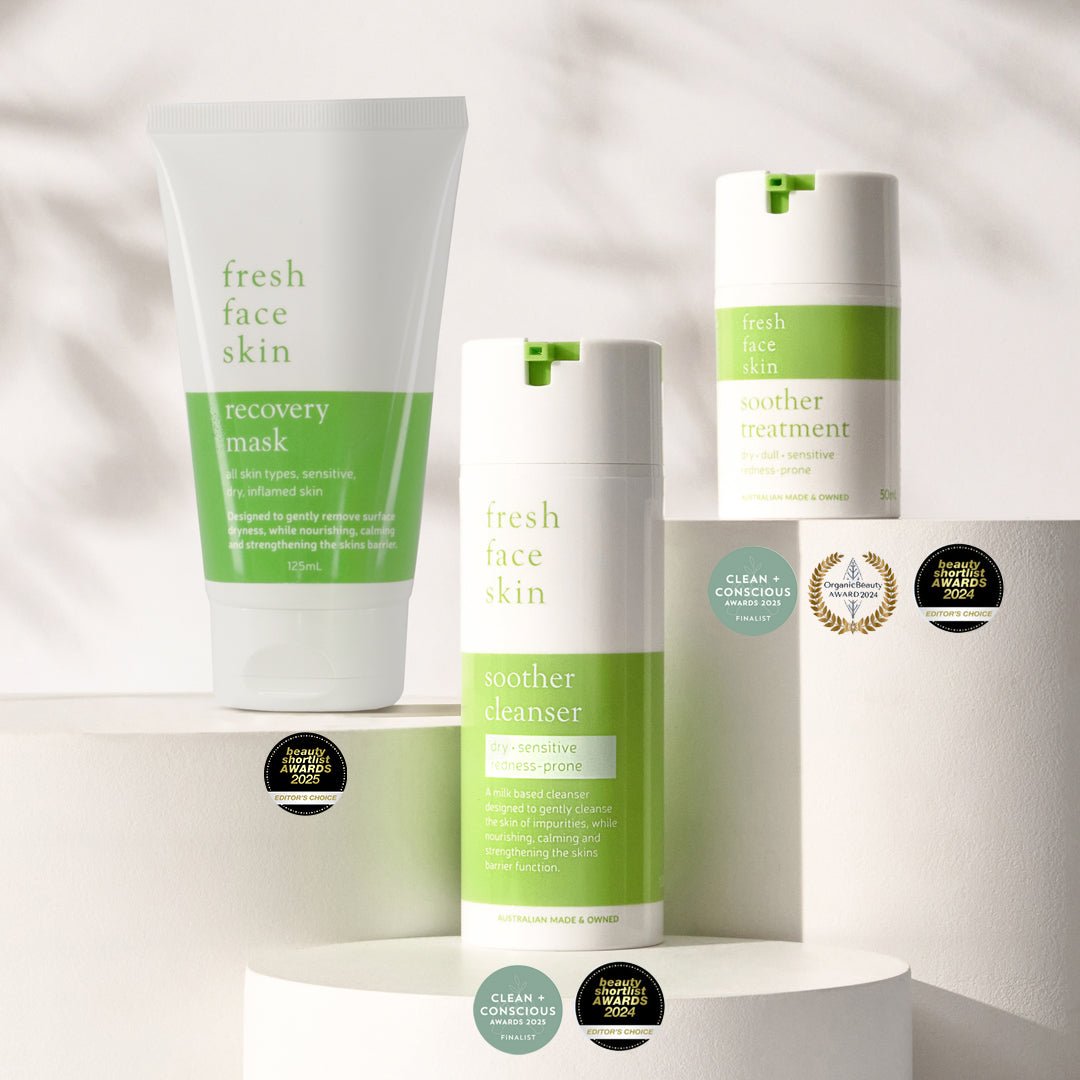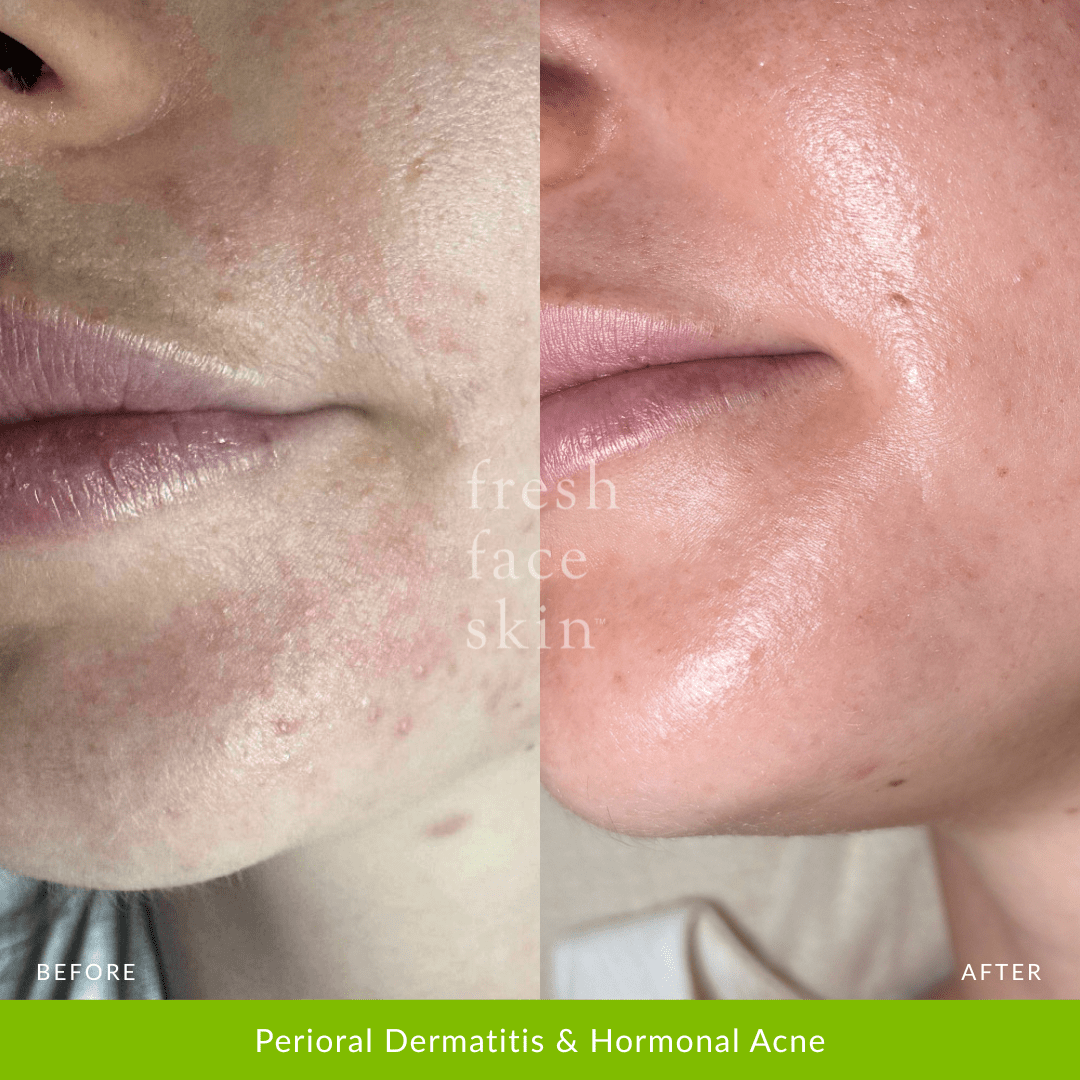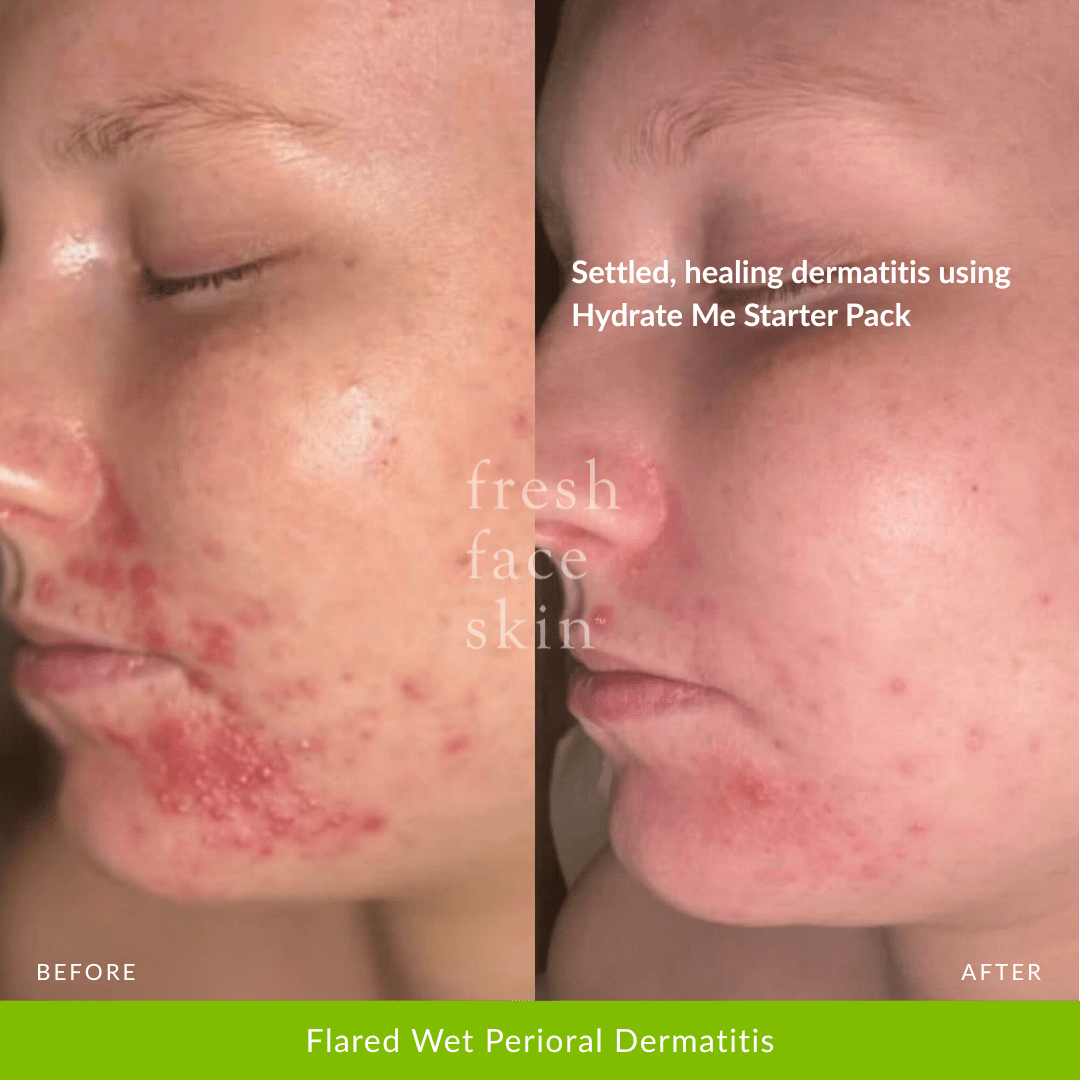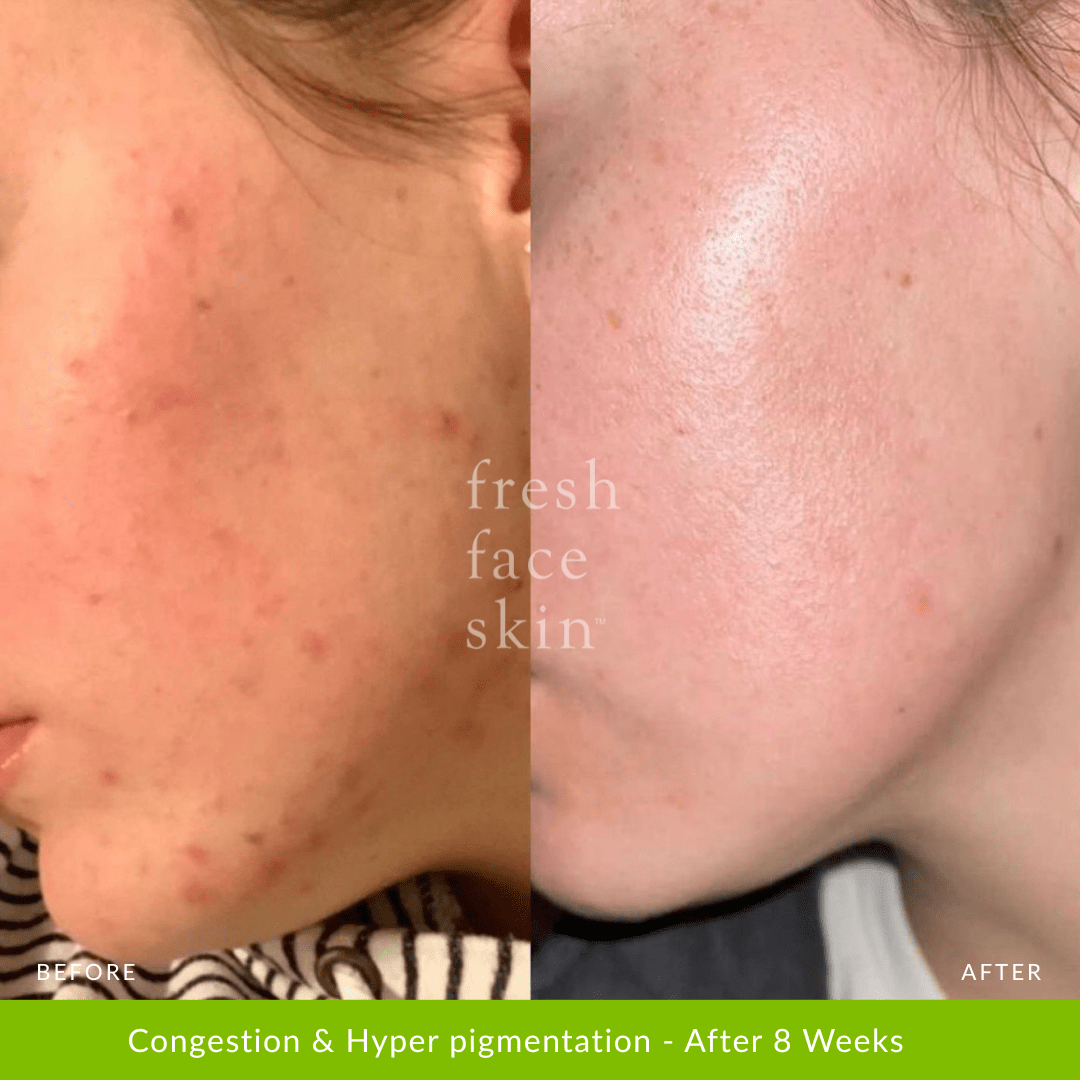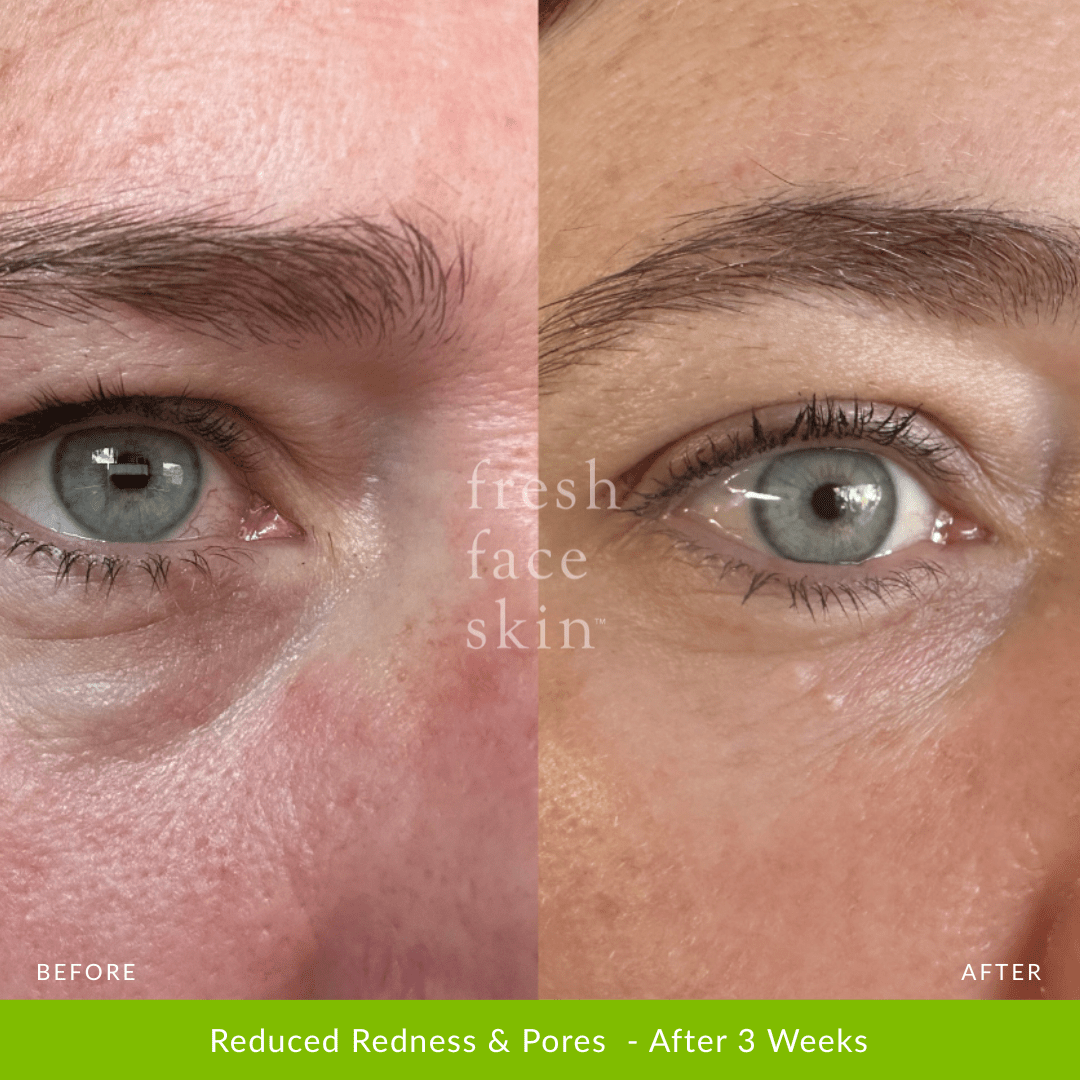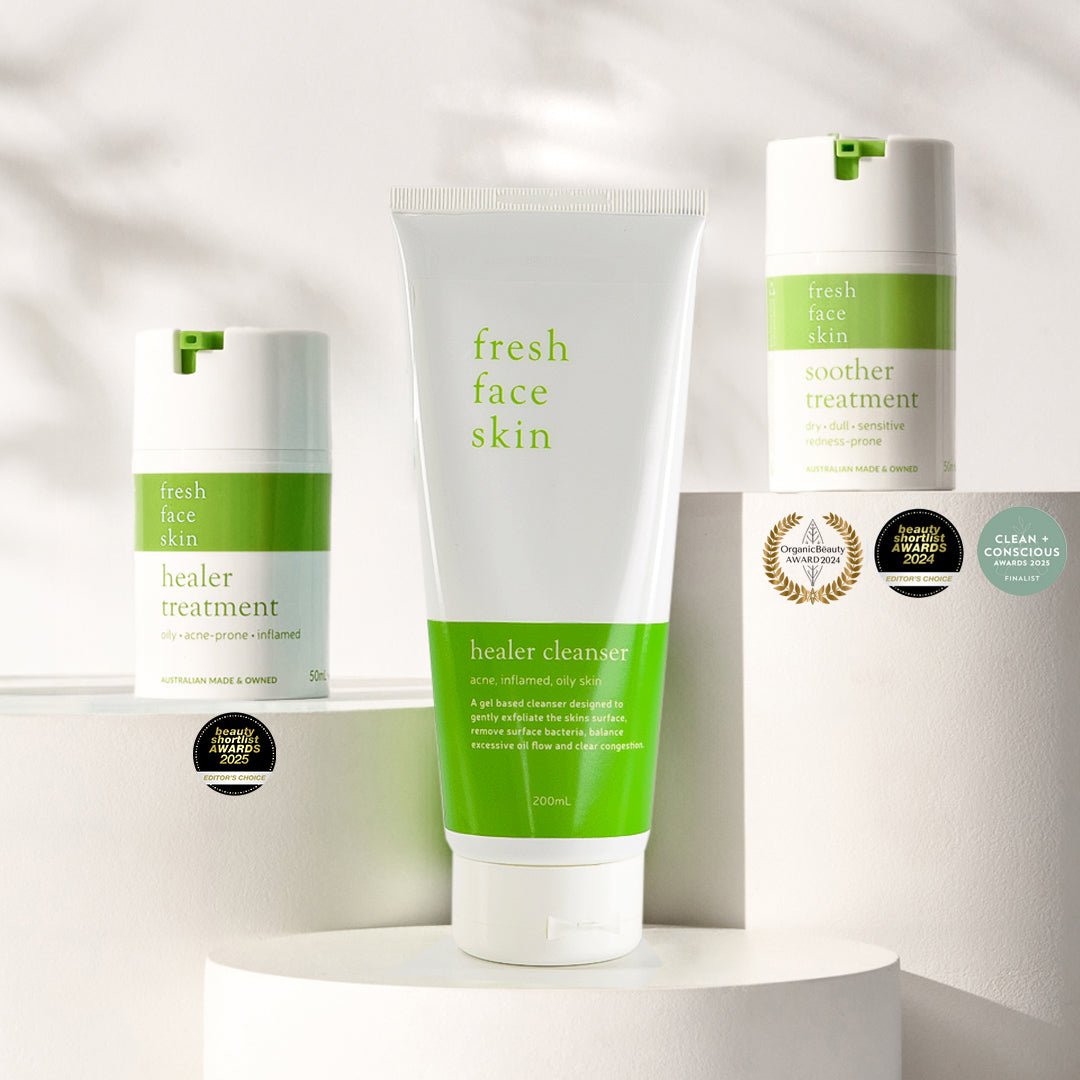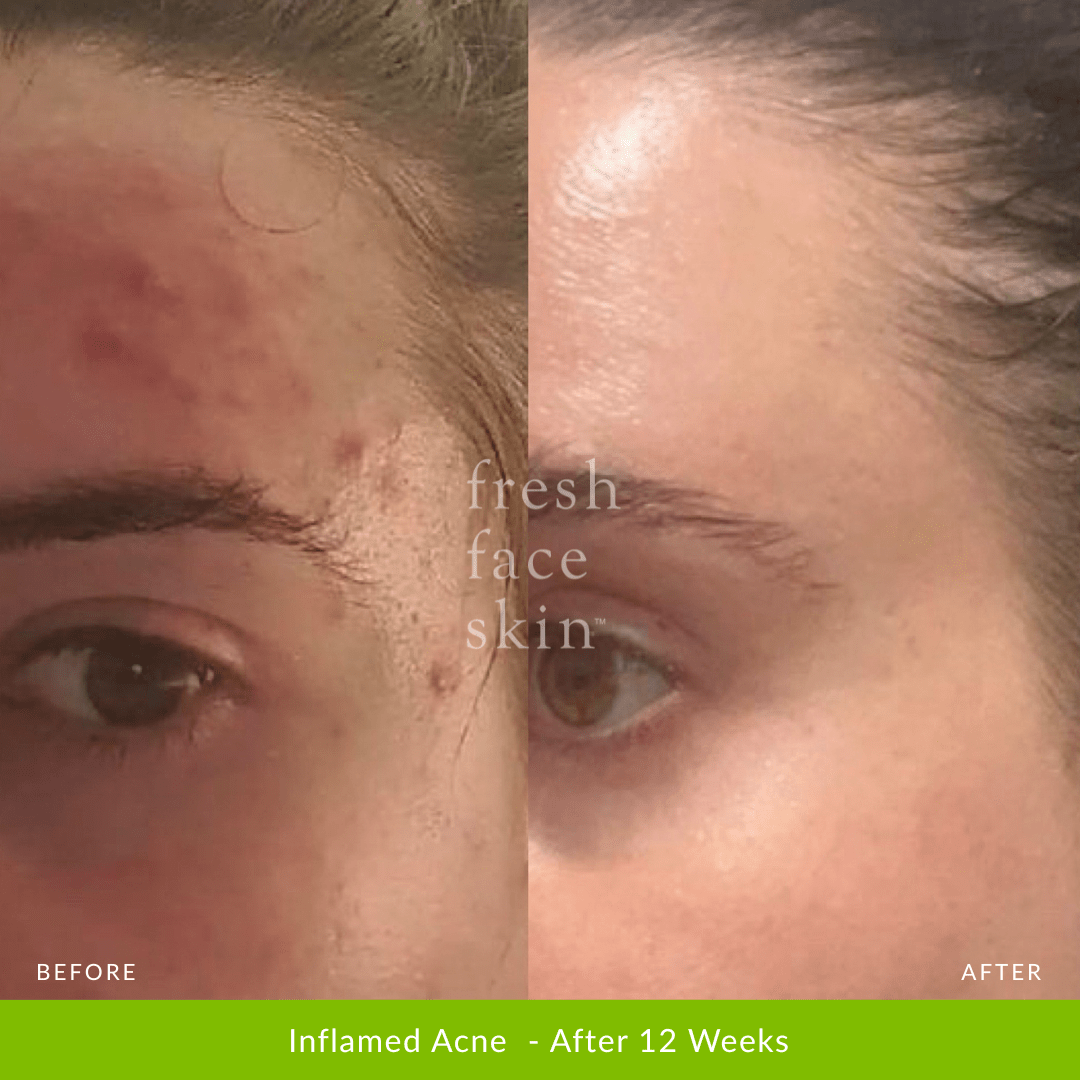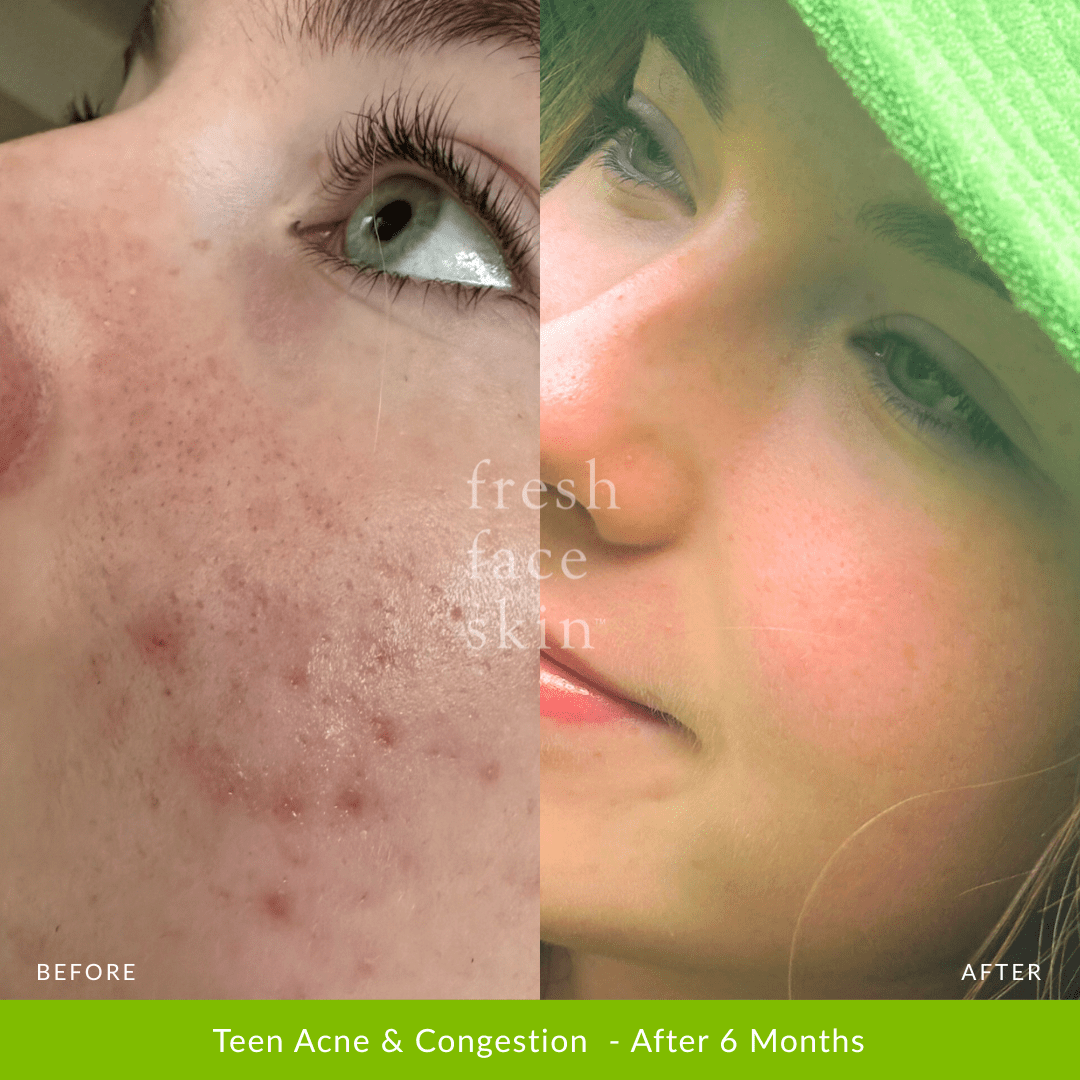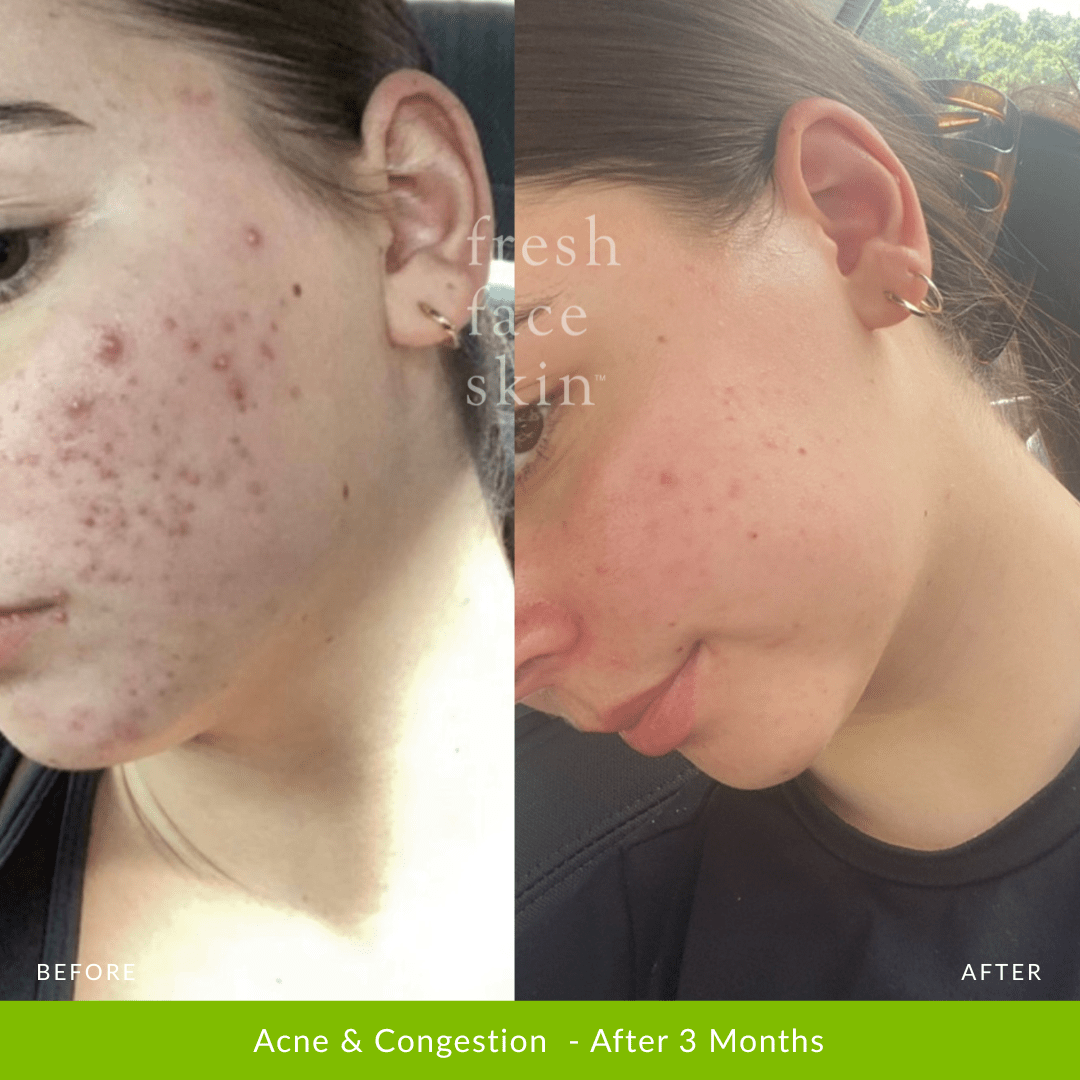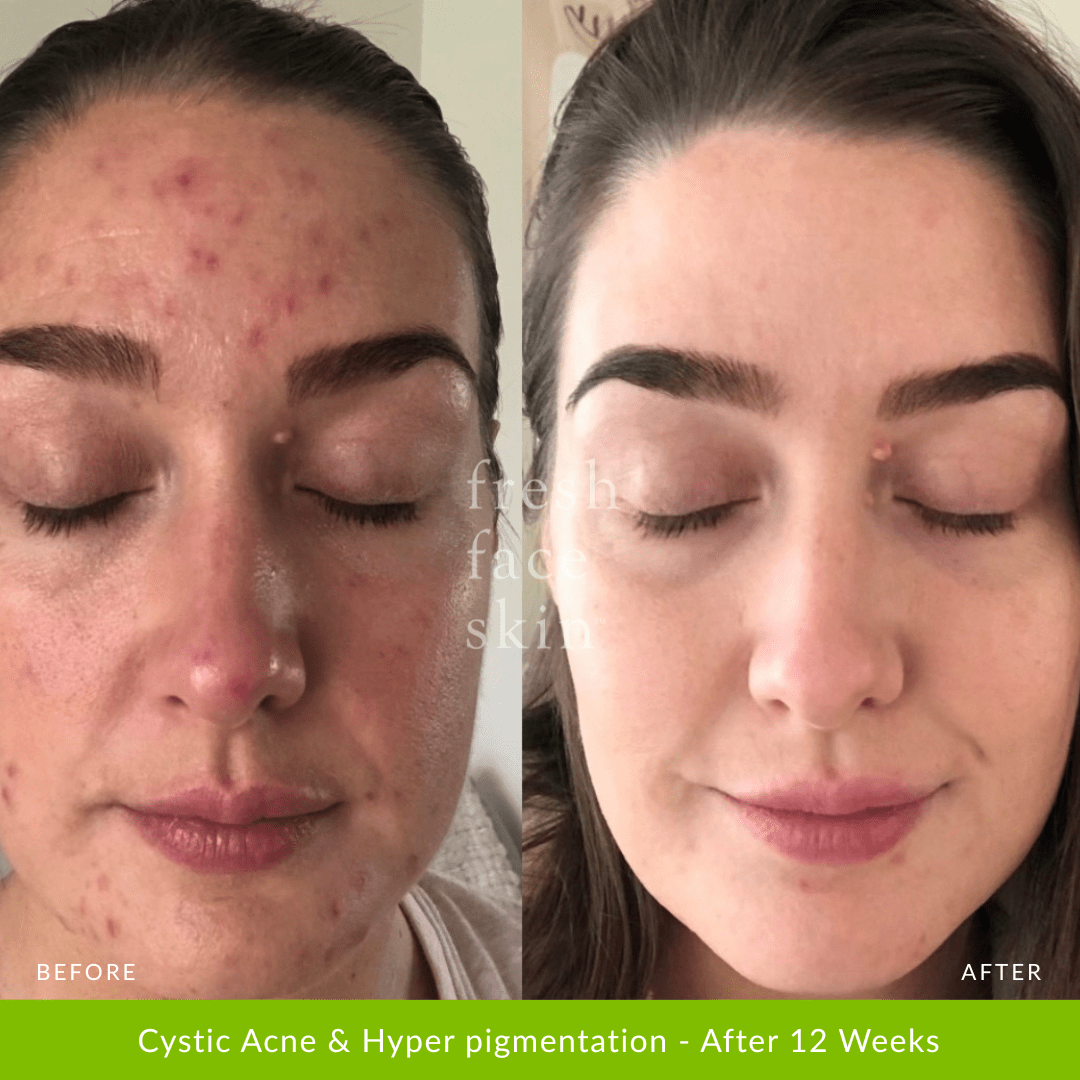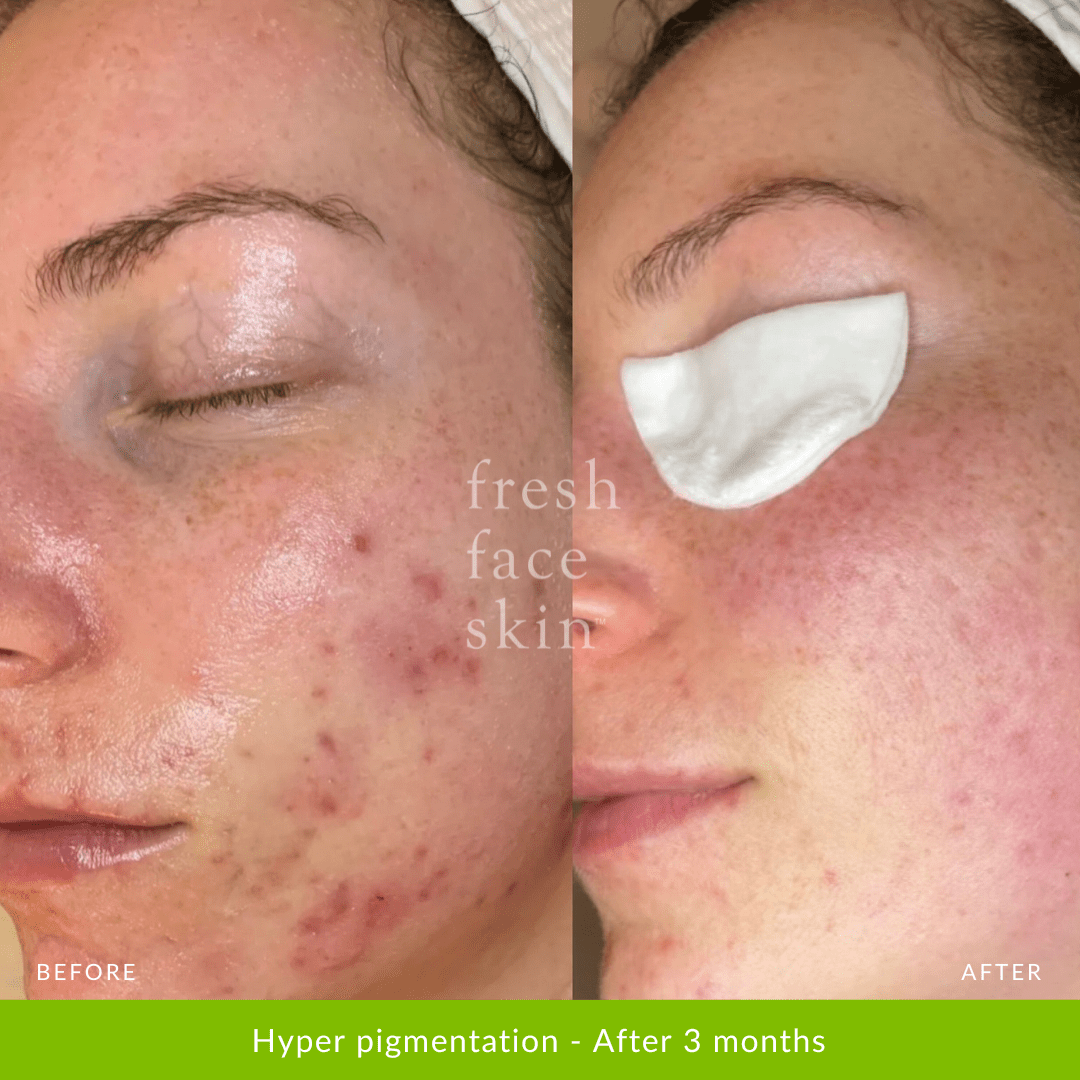Acne is a common skin concern, and while genetics, hormones, and skincare routines play a role, diet can significantly influence breakouts. What we eat fuels our bodies, and that includes our skin. Certain foods may trigger inflammation, increase oil production, and worsen acne, while others can help soothe the skin and support healing. Let's break down the connection between diet and acne so you can make informed choices for clearer skin.

Foods That May Trigger Breakouts
1. High-Sugar & Processed Foods
Refined sugars and highly processed foods cause spikes in blood sugar, leading to increased insulin levels. This triggers excess oil production and inflammation, both of which contribute to acne.
- Examples: Lollies, pastries, white bread, soft drink, sugary cereals.
- Why they’re a problem: They increase the release of insulin and androgens, which can overstimulate the skin’s oil glands and worsen skin breakouts.
2. Coffee & Skin Inflammation
While coffee has some antioxidant benefits, it can also worsen skin inflammation and contribute to acne flare-ups due to its effects on heightening cortisol levels, hormones, hydration, and gut health.
Why It’s a Problem:
- Increases cortisol (stress hormone) → Triggers excess oil production, leading to clogged pores and breakouts.
- Spikes blood sugar (especially when paired with milk or sugar) → Can trigger hormonal imbalances and inflammation.
- Disrupts gut health → An imbalanced gut microbiome can worsen acne and redness.
-
Dehydrates the skin → Weakens the skin barrier, making it more prone to irritation and oil overproduction.
Examples of Acne-Aggravating Coffee Habits:
- Drinking multiple cups a day, leading to higher cortisol levels.
- Adding milk, sugar, or syrups, which spike insulin and increase inflammation.
- Consuming coffee on an empty stomach, which can irritate digestion and disrupt gut health.
How to Reduce Coffee’s Impact on Acne:
- Limit intake or opt for decaf if caffeine worsens breakouts.
- Drink coffee black or with non-dairy, unsweetened alternatives.
- Balance coffee with water to prevent dehydration.
- Support gut health with probiotic-rich foods.
- Monitor your skin’s response—if acne worsens, consider cutting back.
While coffee affects everyone differently, those prone to acne and inflammation may benefit from reducing intake or putting a hold on coffee drinking altogether.
3. Dairy Products
Some studies suggest that dairy—especially skim milk—can exacerbate acne due to hormones and bioactive molecules present in milk.
- Examples: Milk, cheese, yogurt, ice cream.
-
Why they’re a problem: Dairy may increase levels of insulin-like growth factor 1 (IGF-1), a hormone linked to excess oil production and clogged pores.
4. High-Glycemic Foods
High-glycemic foods (those that cause quick blood sugar spikes) have been linked to increased acne severity. These foods trigger inflammation and can make acne worse over time.
- Examples: White rice, white bread, fries, sugary drinks.
-
Why they’re a problem: They cause insulin surges that promote inflammation and excess oil production.
5. Fast Food & Fried Foods
Fast food is typically high in unhealthy fats, refined carbs, and additives, which can promote inflammation and imbalance gut health—both factors that influence acne.
- Examples: Burgers, pizza, fried chicken, potato chips.
-
Why they’re a problem: They contribute to systemic inflammation, which aggravates acne-prone skin.
Foods That Help Soothe Inflammation & Breakouts

1. Omega-3 Rich Foods
Omega-3 fatty acids are powerful anti-inflammatories that help reduce redness, swelling, and irritation associated with acne. They also assist with cell health and hydration, allowing the skin to function at its best internally.
- Examples: Salmon, walnuts, flaxseeds, chia seeds.
- Why they’re helpful: They regulate oil production and support skin hydration while reducing inflammation.
2. Low-Glycemic Foods
Switching to low-glycemic index foods can help stabilize blood sugar levels and prevent acne flare-ups.
- Examples: Quinoa, sweet potatoes, legumes, leafy greens.
-
Why they’re helpful: They prevent insulin spikes and promote balanced hormone levels.
3. Antioxidant-Rich Fruits & Vegetables
Vitamins A, C, and E, along with zinc and selenium, help combat acne by reducing oxidative stress and promoting skin repair.
- Examples: Blueberries, spinach, bell peppers, tomatoes, carrots.
-
Why they’re helpful: They strengthen the skin’s defenses against inflammation and acne-causing bacteria.
Clear Skin Starts Here!
Struggling with breakouts? Our natural, non-toxic acne solutions are designed to calm inflammation, clear congestion, and balance oil production—without the harsh chemicals. Harness the power of plant-based ingredients to support your skin’s healing and maintain lasting clarity.
Shop Now & Reveal Your Healthiest Skin



